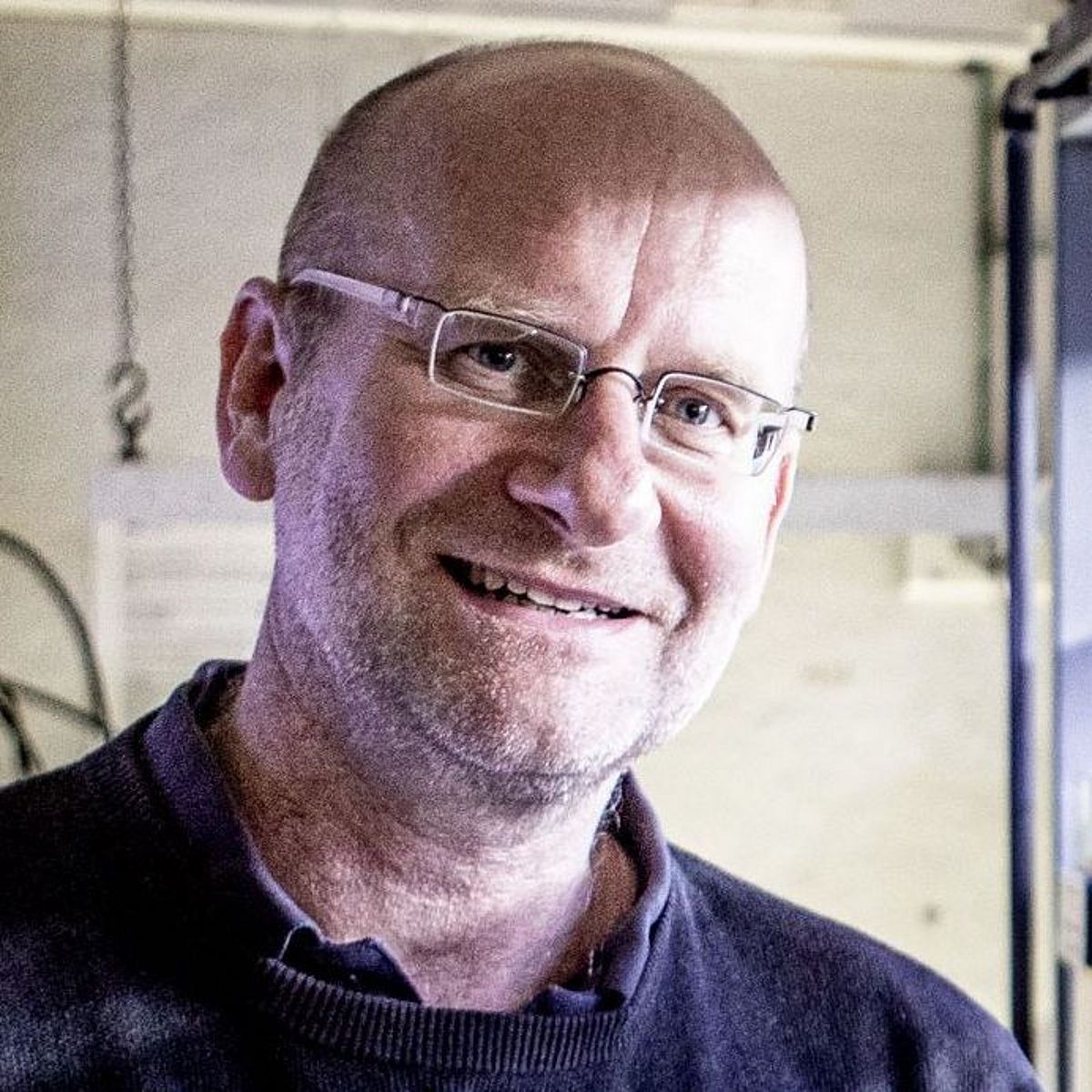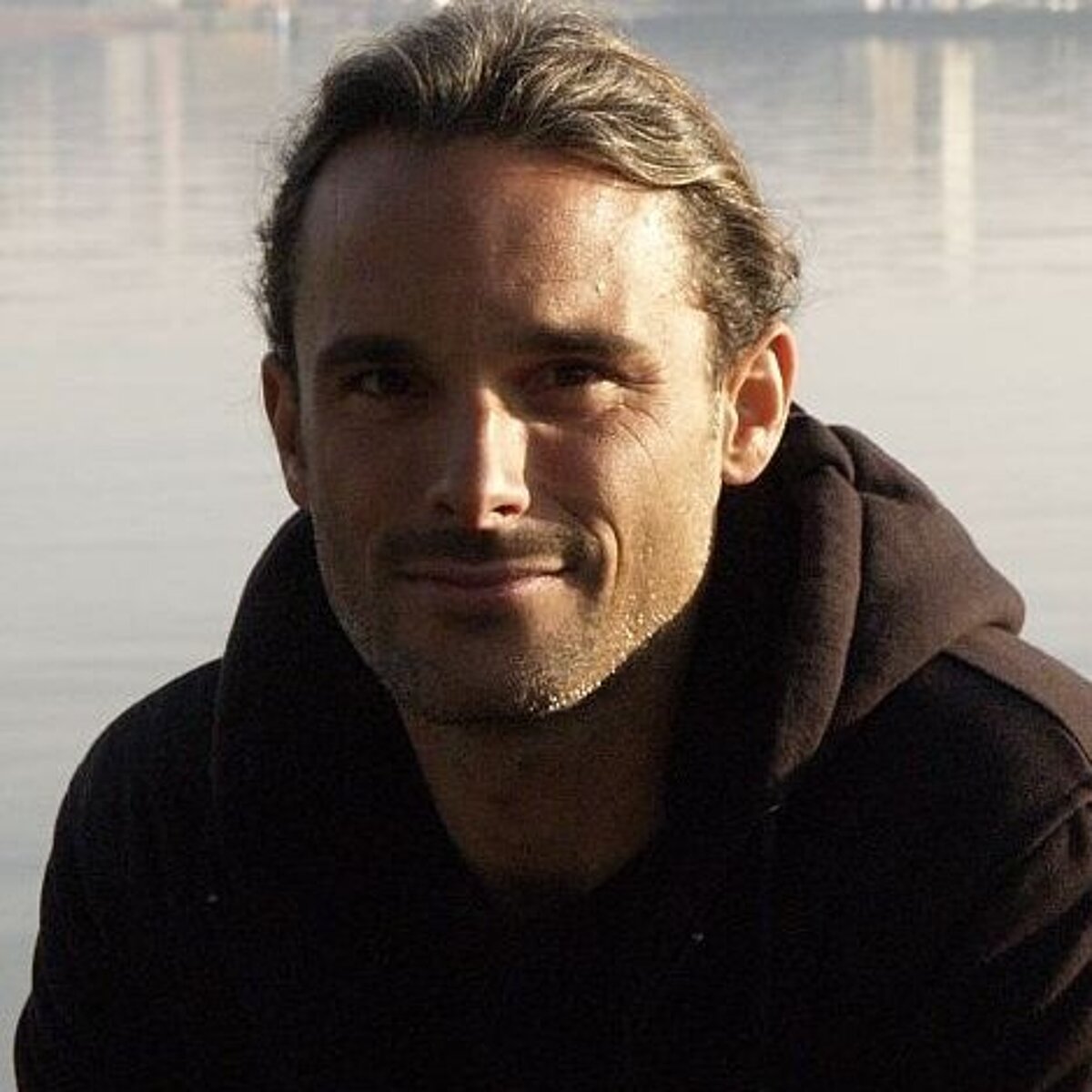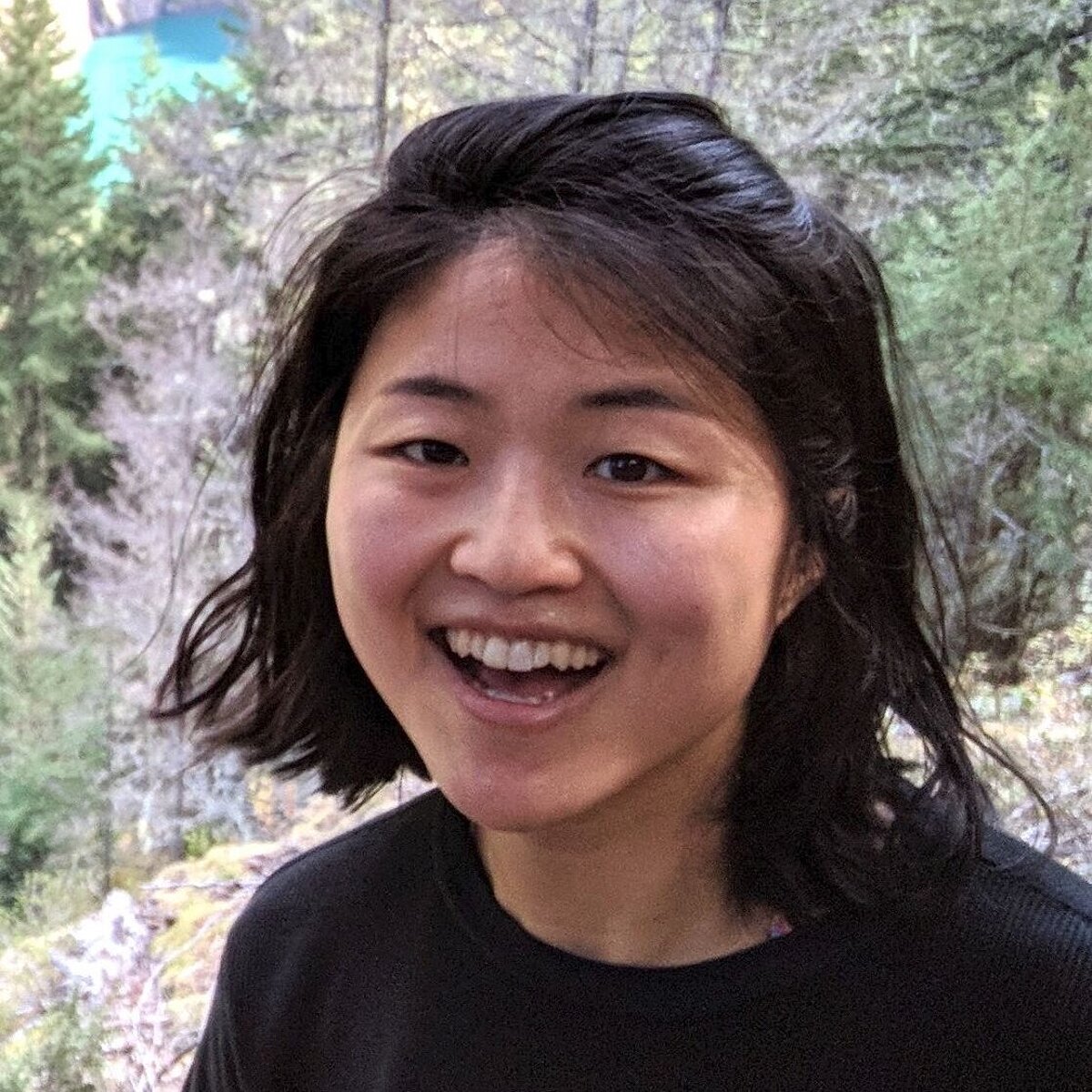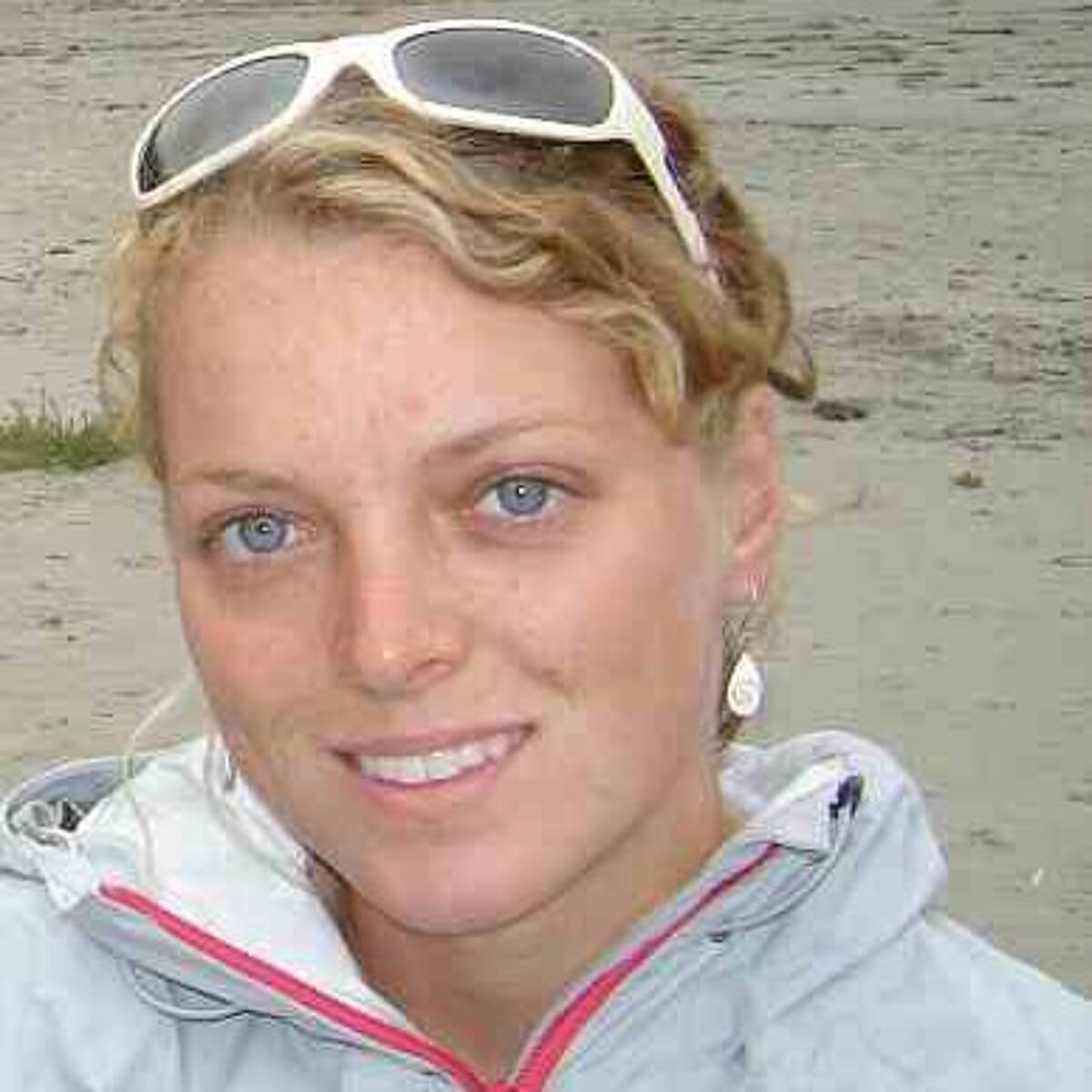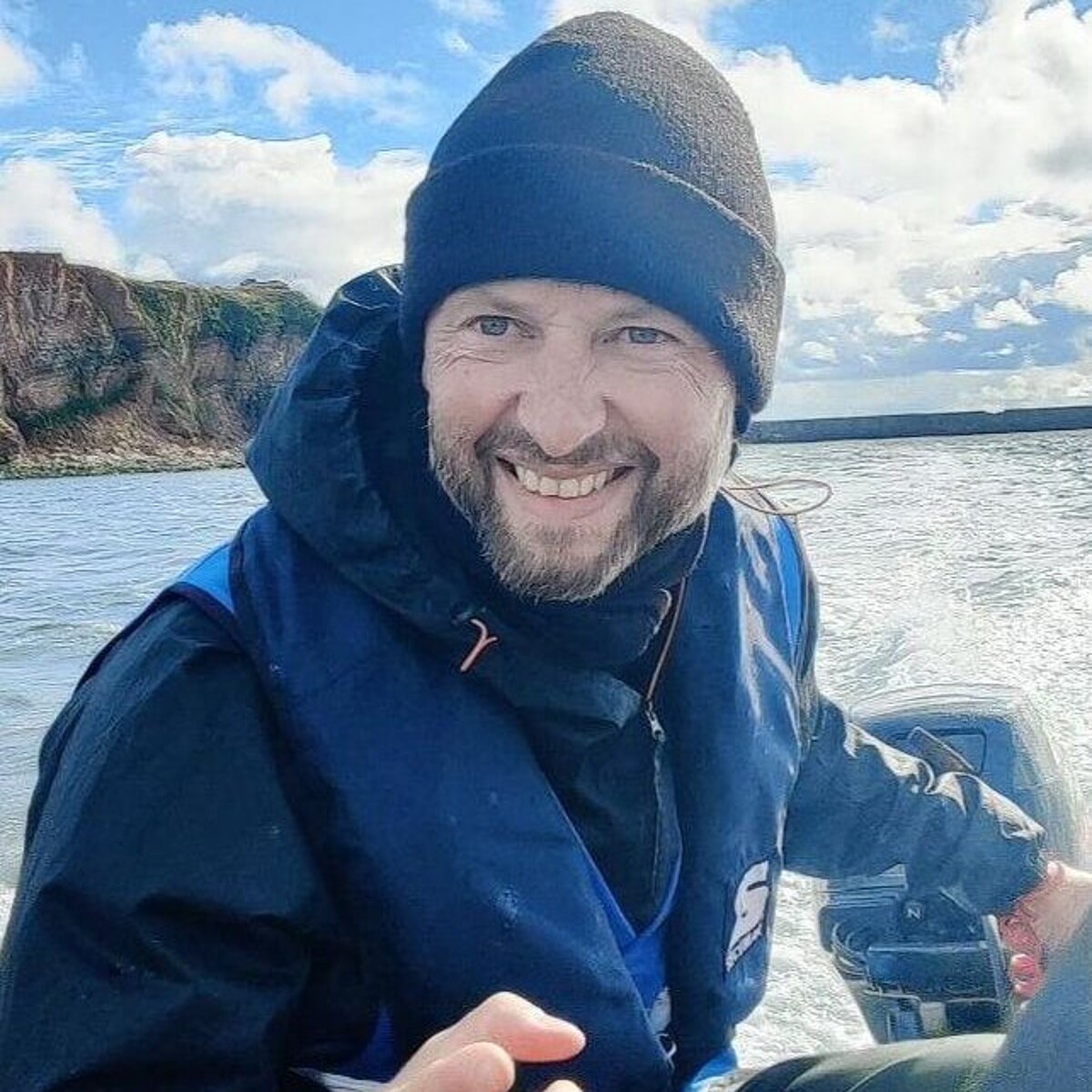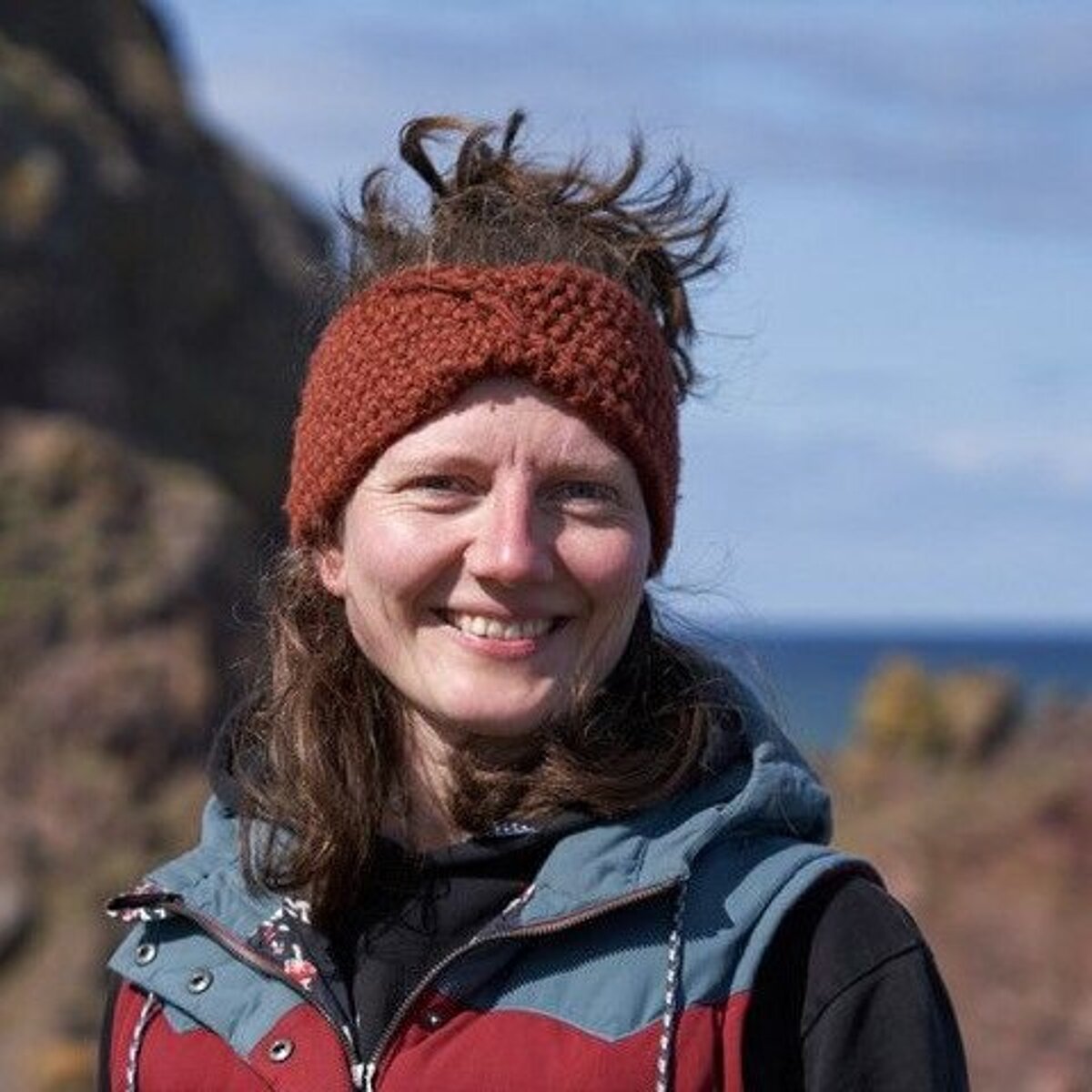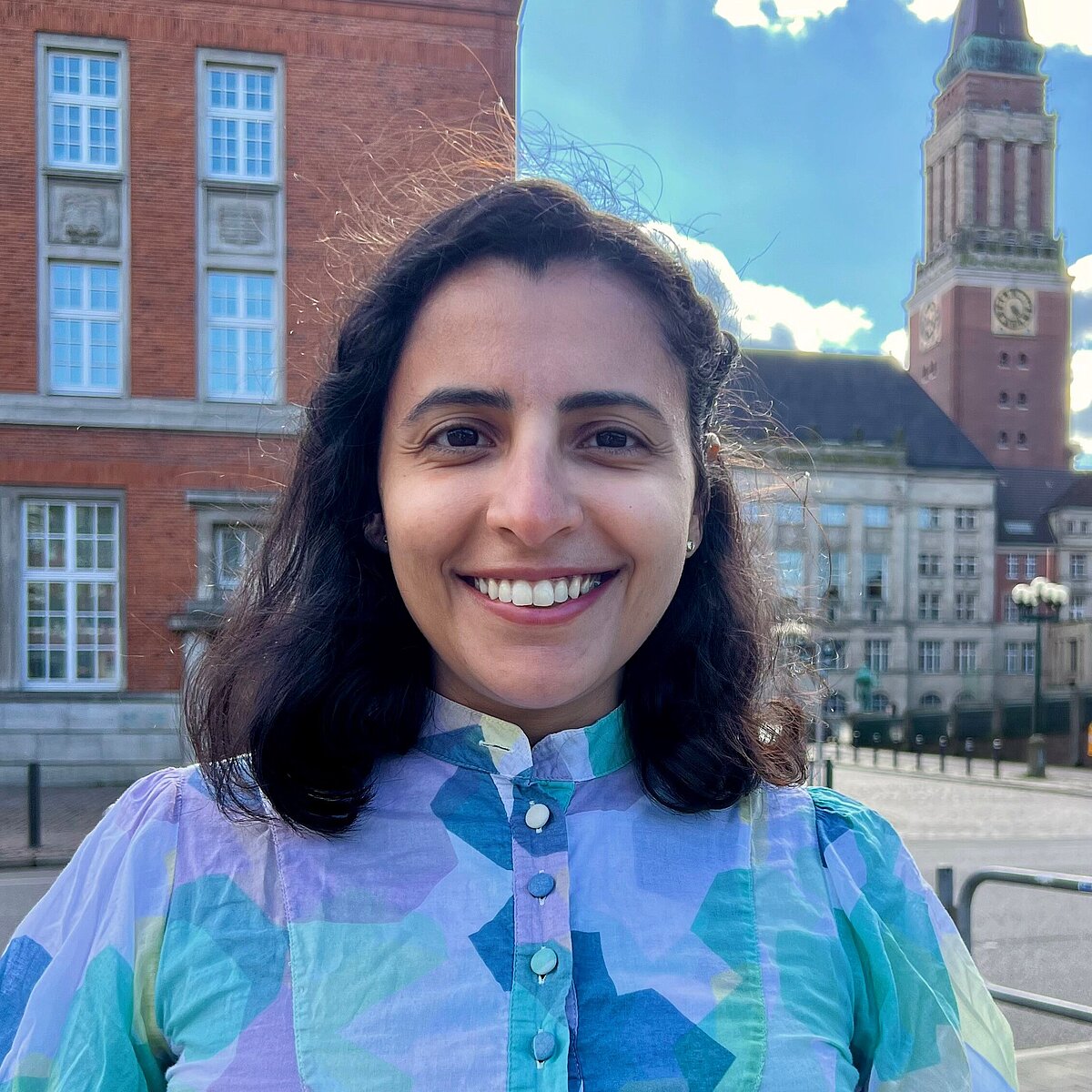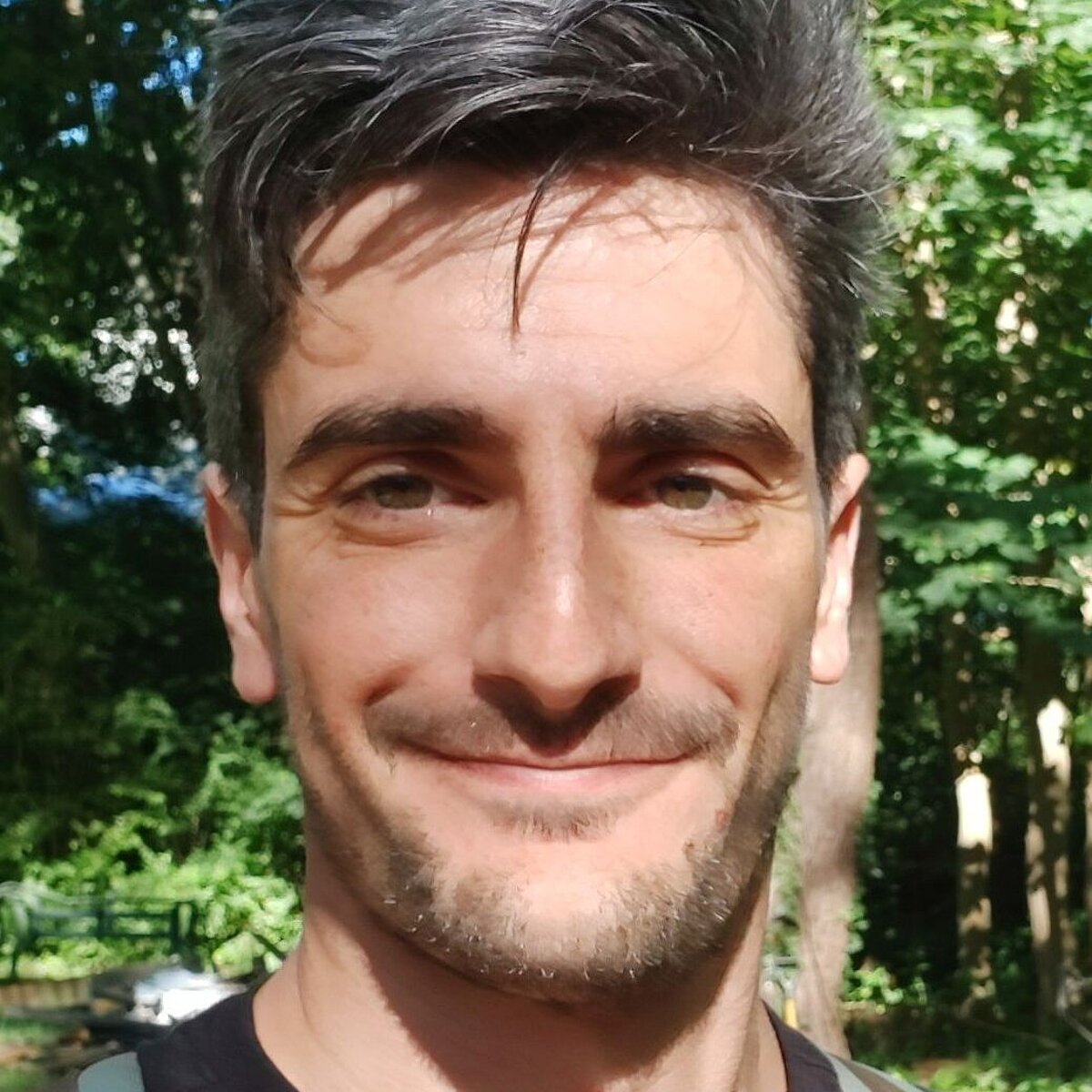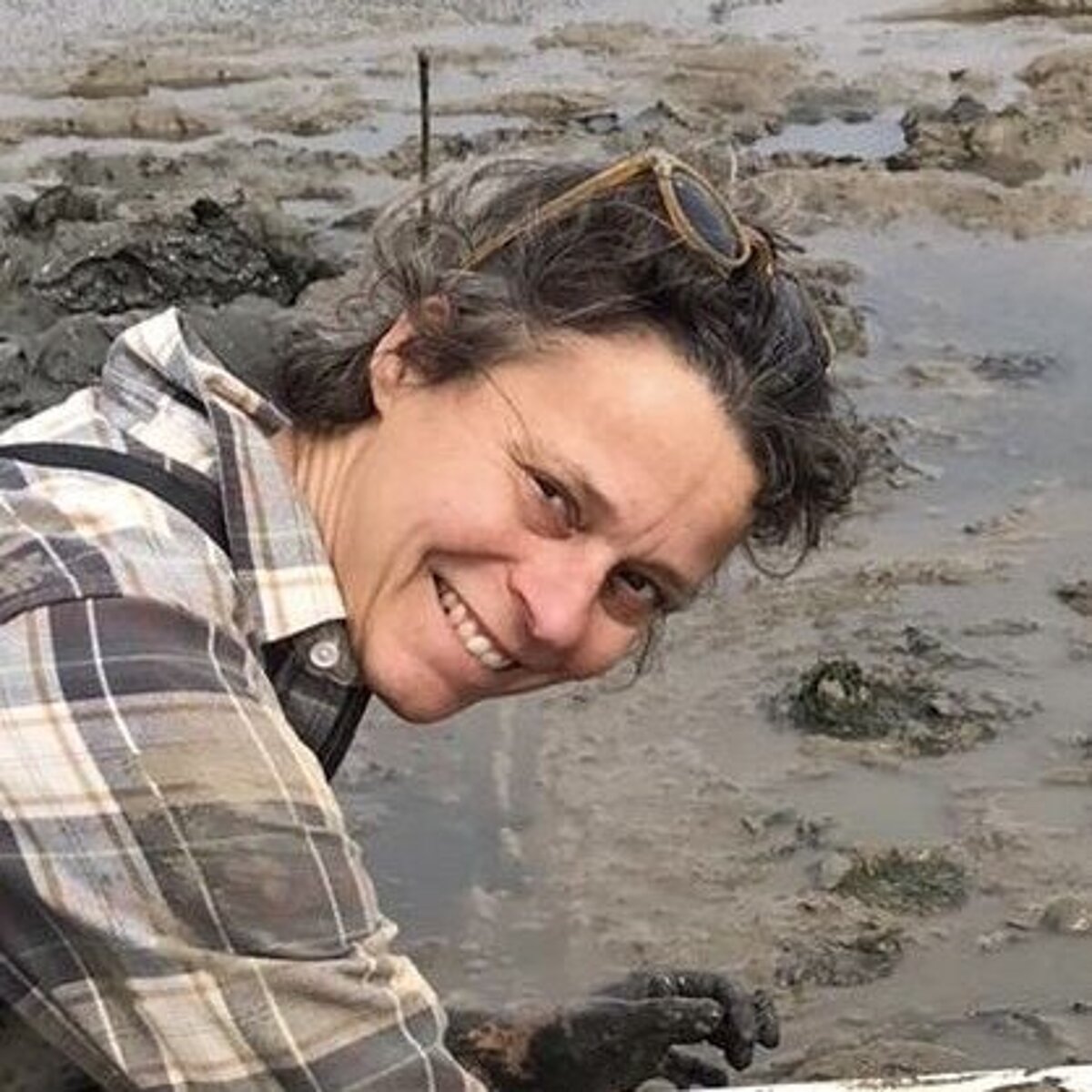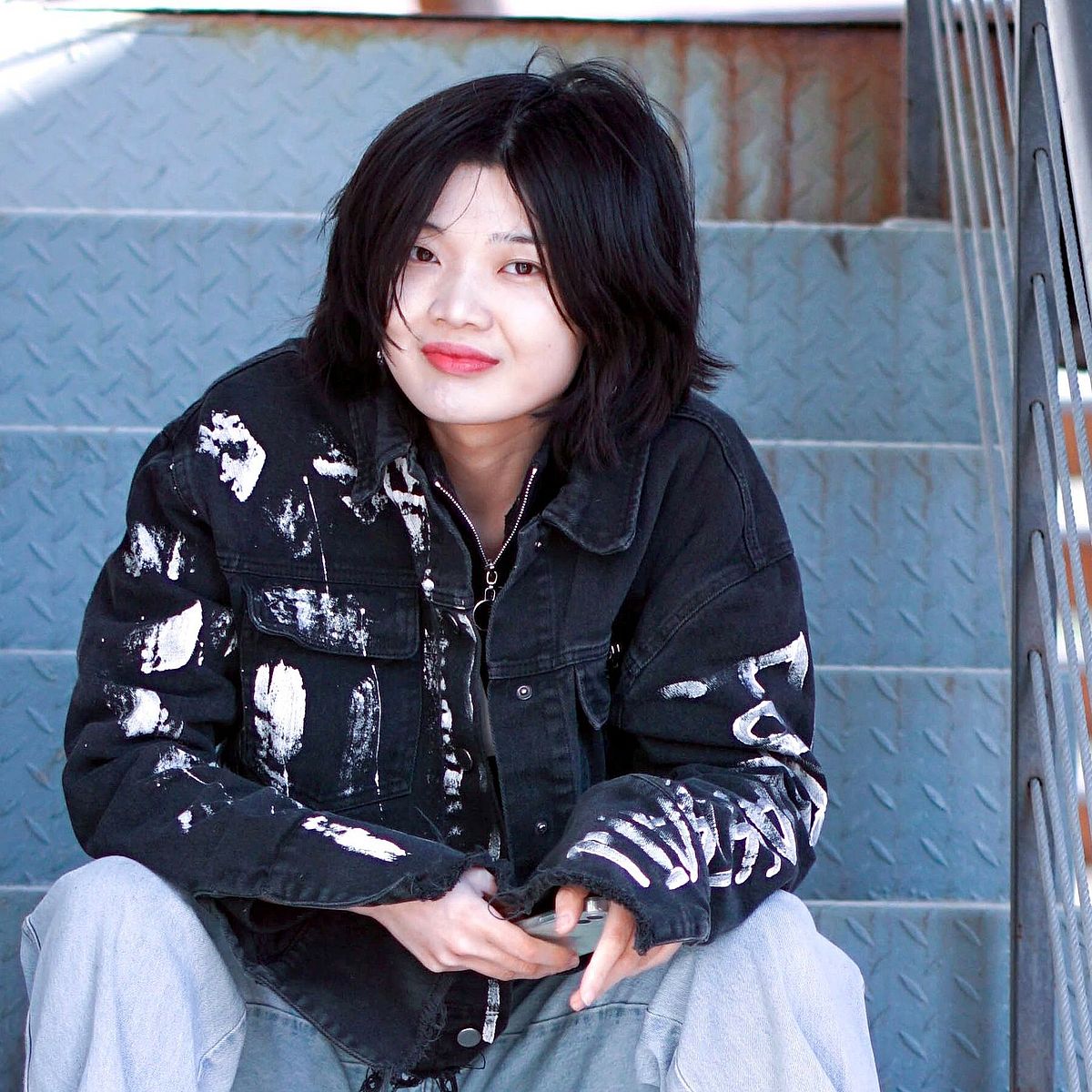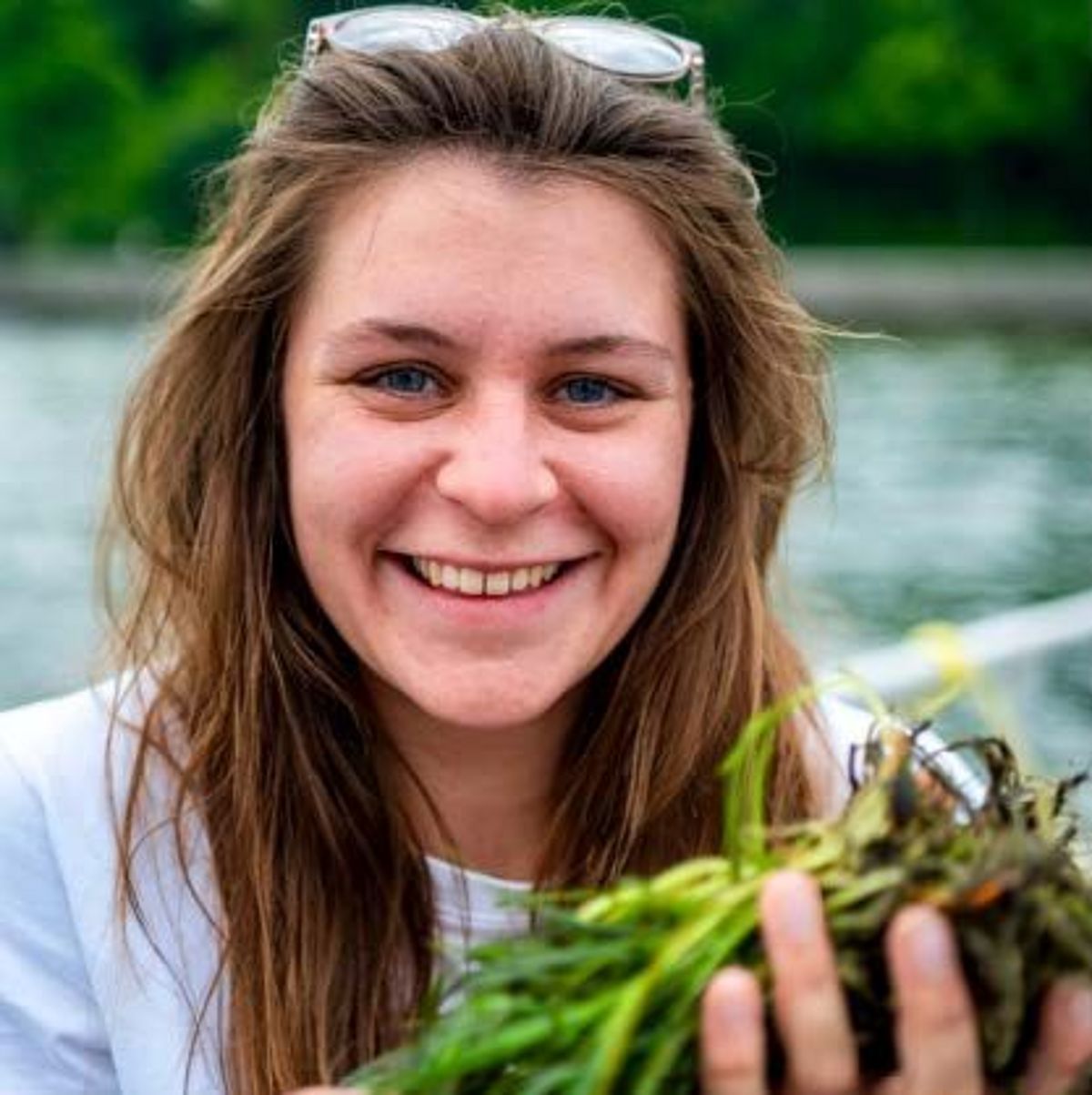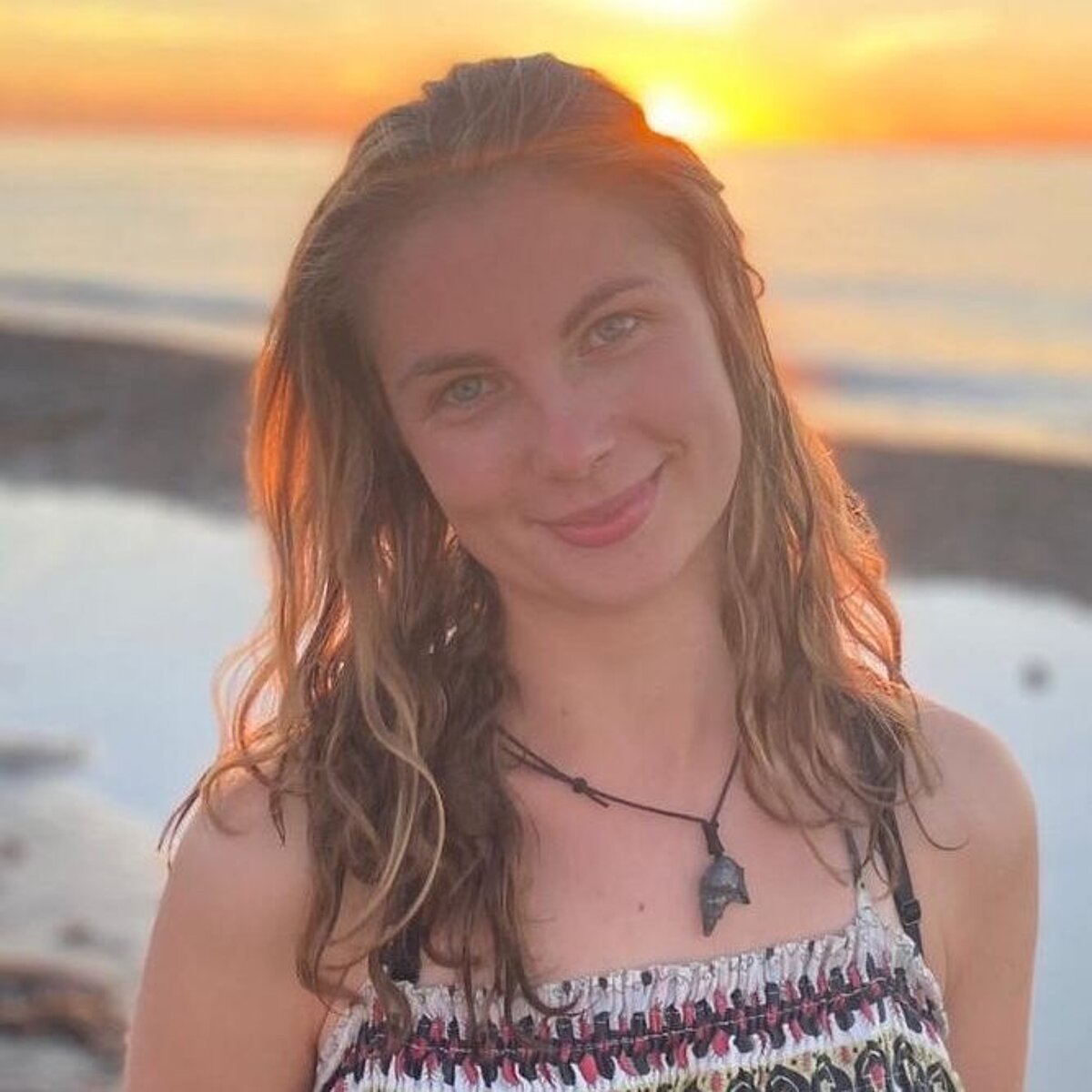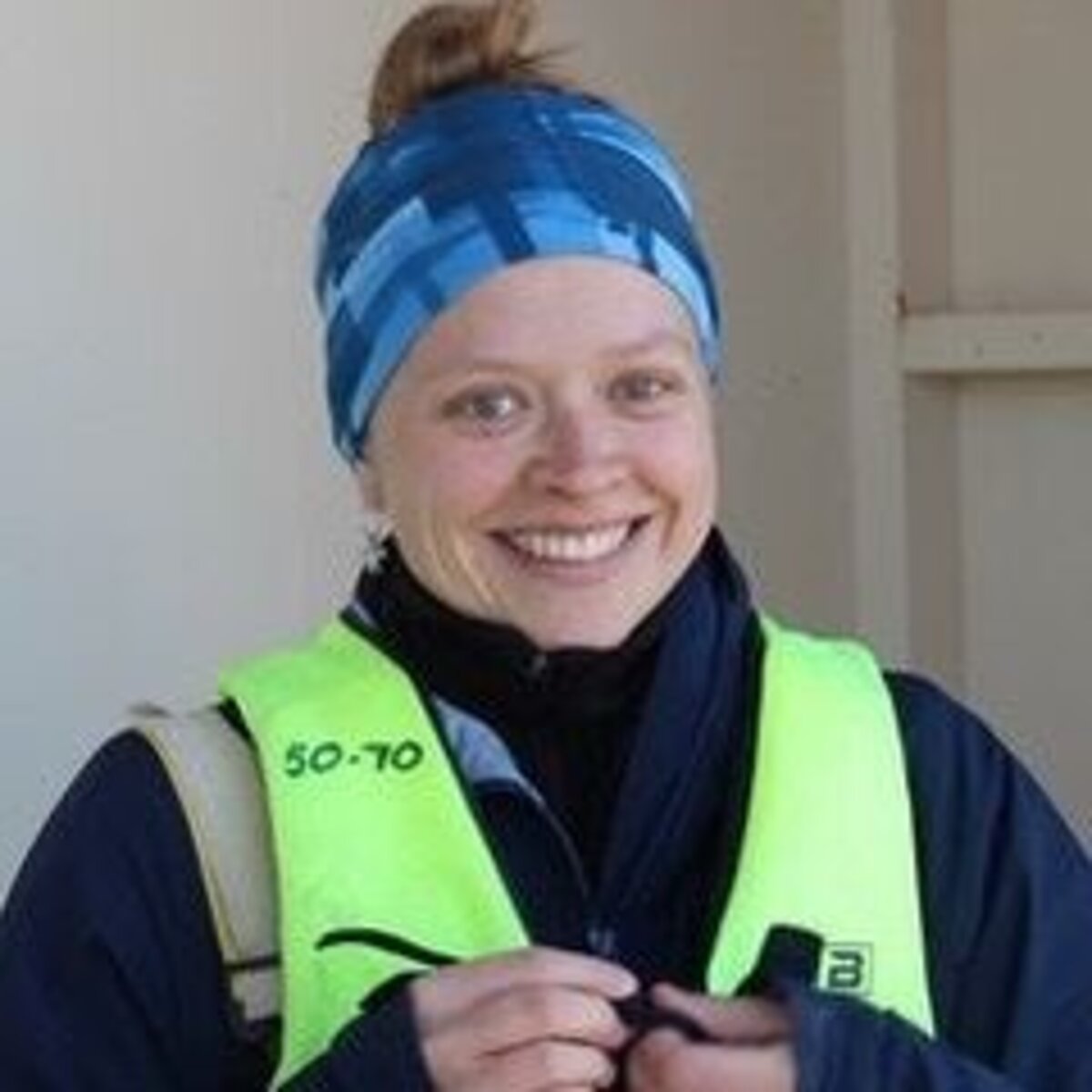
Marine Evolutionary Ecology

Overview
Can populations adapt to a changing environment via evolutionary adaptation? Which roles do epigenetic versus genomic changes play for such adaptation? What is the interaction between ecological compositional changes as response to warming or ocean acidification versus the evolutionary change within populations? Can clonal organisms evolve?
These are the questions our group is addressing in organisms that range from phytoplankton, seagrasses, zooplankton species to (commercially important) fish species. Strong ecological interactions such as harvesting, host-parasite interactions and invasive species in their new habitat are prime examples where evolution-in-action can be observed in real time in the marine realm.
Our research is integrated into the initiatives Kiel Evolution Centre, the Kiel Plant Center and the Research Training Group Translational Evolutionary Research. We are also full members of the Kiel Life Science (KLS) at Kiel University.,
Scientists and Postdoctoral Researchers
For more Information click on group member photo.
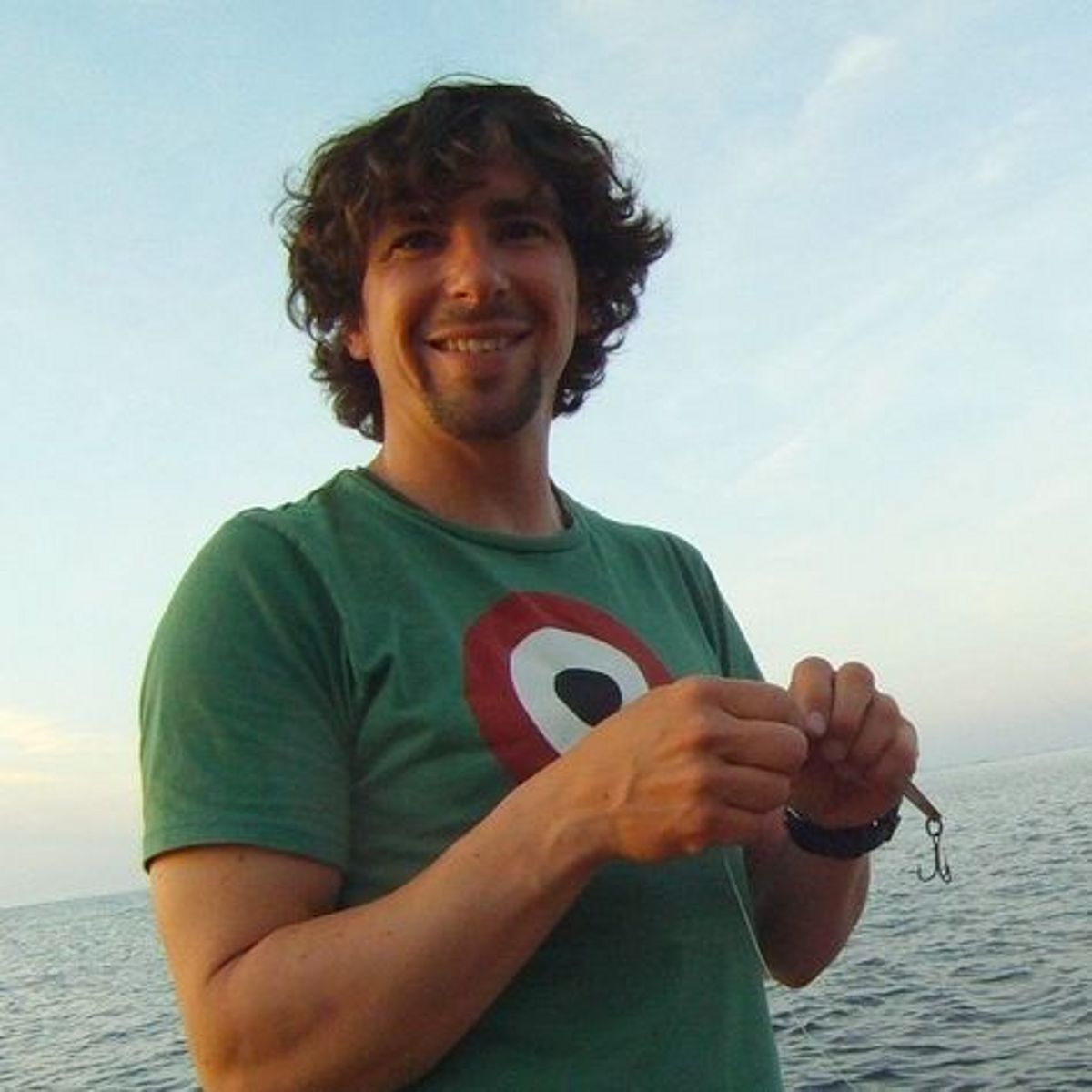
Philipp Schubert
Wissenschaftlicher Mitarbeiter - Marine Evolutionsökologie
ZOBLUC: Seegras-Zostera marina als Blue Carbon- Kohlenstoffspeicher in der Ostsee - MEKUN
Doctoral students
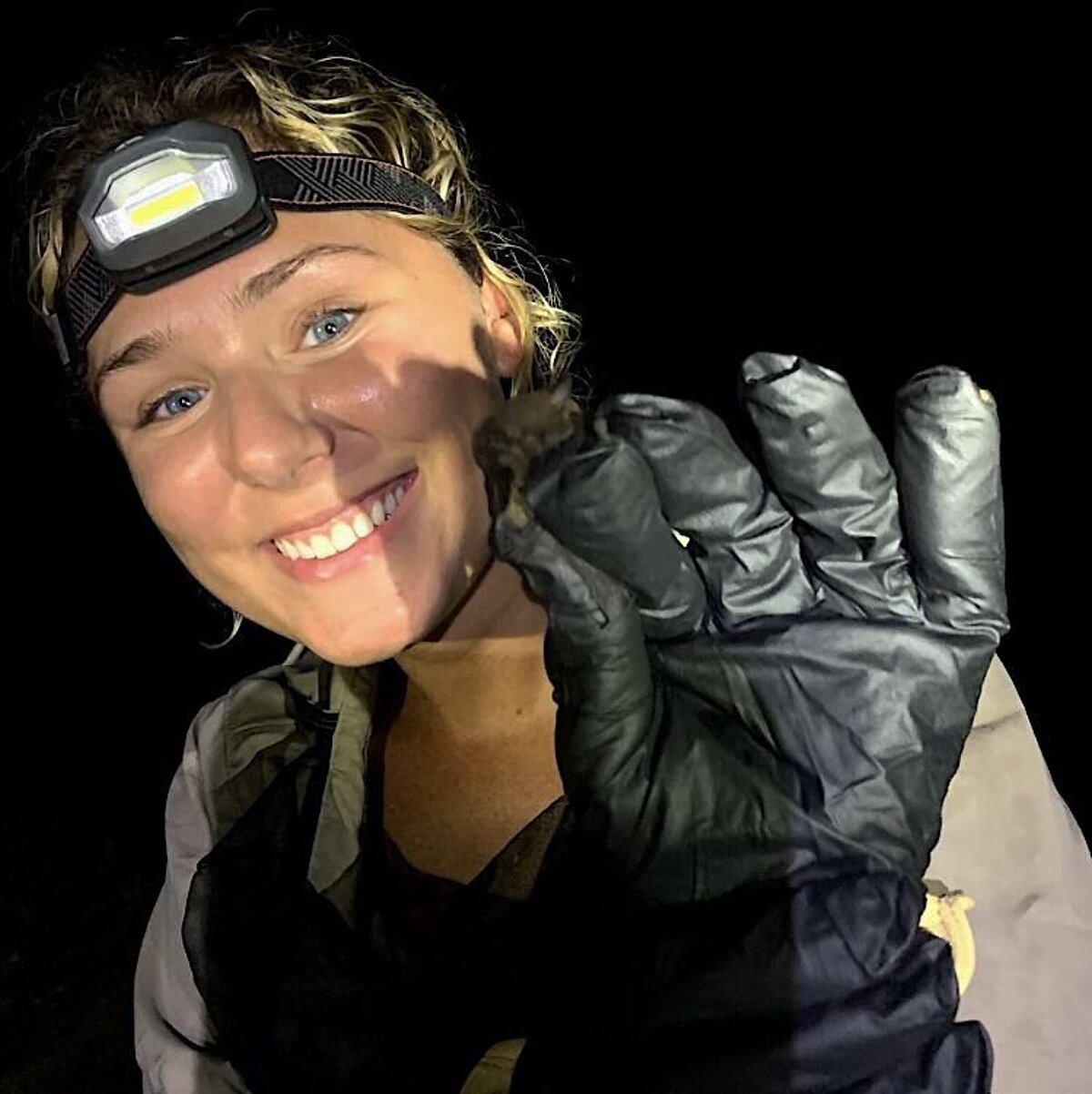
Lauren Sgambelluri
ZOBLUC Seegras-Zostera marina als Blue Carbon- Kohlenstoffspeicher in der Ostsee - MEKUN
Former members of Research Group
- Dr. Jennifer Nascimento-Schulze
- Prof. Dr. Lei Yu
- Dr. Nora Grossschmidt
- Tadhg O'Corcora
- Dr. Marina Khachaturyan, Department of Human Molecular Genetics & Biochemistry, School of Medicine, Tel Aviv University, Tel Aviv, Israel
- Dr. Melanie Heckwolf, Leibniz Zentrum für Marine Tropenforschung, ZMT Bremen
- Dr. Ivo Bobsien, Landesamt für Landwirtschaft, Umwelt und ländliche Räume, Flintbek
- Dr. Cornelia Jaspers, Danish Technical University, Kopenhagen
- Dr. Miguel Baltazar-Soares, Marie Curie research fellow at Bournemouth University
- Dr. Janina Brakel, Postdoctoral researcher at Scottish Association for Marine Science, Oban
- Dr. Corinna Breusing, Postdoctoral researcher, University of Rhode Island, USA
- Dr. Luisa Listmann, Postdoctoral reseacher, University of Hamburg
- Dr. Joanna Miest, Lecturer in biological science, University of Greenwich, London
- Dr. Britta Meyer, Postdoctoral researcher, Max-Planck-Institut für Evolutionsbiologie, Plön
- Dr. Christoph Petereit
- Dr. Lothar Schlüter
Recent key publications
For a full overview on my publications see my google scholar profile https://scholar.google.de/citations?user=ux41yIwAAAAJ&hl=en"
- Han KY, Brennan RS, Monk CT, Jentoft S, Helmerson C, Dierking J, Hüssy K, Kokubun ÉE, Fuss J, Krause-Kyora B, Thomsen TB, Heredia BD, Reusch TBH (2025) Genomic evidence for fisheries-induced evolution in Eastern Baltic cod. Sci Adv 11: eadr9889 doi 10.1126/sciadv.adr9889 – Study provides the first evidence that overfishing has altered the genetic composition in a marine fish population. Wide attention in global media, highlighted by 138 media outlets, including Guardian, New York Times, The Telegraph, Boston Globe. Germany: Spiegel, N-TV, Tagesschau. Altmetric score 1040
- Yu L, Renton J, Burian A, Khachaturyan, Bayer T, Kotta J, Stachowitz JJ, DuBois K, Baums IB, Werner B, Reusch TBH (2024) A somatic genetic clock for clonal species. Nature ecology & evolution, https://www.nature.com/articles/s41559-024-02439-z see also: https://www.nature.com/articles/s41559-024-02439-z
– Introduces the somatic genetic clock as novel tool to age modular species, including a test of assumptions via modeling. Wide attention in global media, picked up by 38 news outlets; Altmetric score 295
- Yu L, Khachaturyan M, Matschiner M, Healey A, Bauer D, Cameron B, Cusson M, Emmett Duffy J, Joel Fodrie F, Gill D, Grimwood J, Hori M, Hovel K, Hughes AR, Jahnke M, Jenkins J, Keymanesh K, Kruschel C, Mamidi S, Menning DM, Moksnes P-O, Nakaoka M, Pennacchio C, Reiss K, Rossi F, Ruesink JL, Schultz ST, Talbot S, Unsworth R, Ward DH, Dagan T, Schmutz J, Eisen JA, Stachowicz JJ, Van De Peer Y, Olsen JL, Reusch TBH (2023) Ocean current patterns drive the worldwide colonization of eelgrass (Zostera marina). Nature Plants 9: 1207-1220, doi 10.1038/s41477-023-01464-3
– Describes and dates the spread of the most widespread seagrass species from its origin in the West Pacific to the East Atlantic in a stepping-stone fashion, involving several genetic bottlenecks.
see also research briefing: Reusch, TBH, Olsen JL (2023) Reconstructing the worldwide colonization history of the world’s most widespread marine plant. Nature Plants 9: 1180-1181, doi 10.1038/s41477-023-01465-2
- Reusch, TBH, Baums IB, Werner B (2021) Evolution via somatic genetic variation in modular species. Trends in Ecology and Evolution 36: 1083-1092
- Jaspers C, Ehrlich M, Pujolar JM, Künzel S, Bayer T, Limborg MT, Lombard F, Browne WE, Stefanova K, Reusch, TBH (2021) Invasion genomics uncover contrasting scenarios of genetic diversity in a widespread marine invader. Proceedings of the National Academy of Sciences 118: e2116211118 doi 10.1073/pnas.2116211118
- Yu, L., C. Boström, S. Franzenburg, T. Bayer, T. Dagan, and T. B. H. Reusch. 2020. Somatic genetic drift and multilevel selection in a clonal seagrass. Nature Ecology & Evolution 4:952–962. https://doi.org/10.1038/s41559-020-1196-4
see also https://natureecoevocommunity.nature.com/posts/the-evolving-clone
- Roth O., Solbakken M.H., Tørresen O.K., Bayer T., Matschiner M., Baalsrud H.T., Hoff S.N.K., Brieuc M.S.O., D. Haase D., Hanel R, Reusch TBH*, Jentoft S.* (2020). Evolution of male pregnancy associated with remodeling of canonical vertebrate immunity in seahorses and pipefishes. Proceedings of the National Academy of Sciences USA, online early: doi.org/10.1073/pnas.1916251117. *equal contrib
- Heckwolf, M. J., B. S. Meyer, R. Häsler, M. P. Höppner, C. Eizaguirre, and TBH Reusch. 2020. Two different epigenetic information channels in wild three-spined sticklebacks are involved in salinity adaptation. Sci Adv 6:eaaz1138. https://advances.sciencemag.org/content/6/12/eaaz1138
- Laikre, L., S. Hoban, M. W. Bruford, G. Segelbacher, F. W. Allendorf, G. Gajardo, A. G. Rodríguez, P. W. Hedrick, M. Heuertz, P. A. Hohenlohe, R. Jaffé, K. Johannesson, L. Liggins, A. J. MacDonald, P. OrozcoterWengel, T. B. H. Reusch, H. Rodríguez-Correa, I.-R. M. Russo, N. Ryman, and C. Vernesi. 2020. Post-2020 goalsoverlookgeneticdiversity. Science 367:1083
- Reusch TBH, Dierking J., Andersson H.C., Bonsdorff E., Carstensen J., Casini M., Czajkowski M., Hasler B., Hinsby K., Hyytiäinen K., Johannesson K., Jomaa S., Jormalainen V., Kuosa H., Kurland S., Laikre L., MacKenzie B.R., Margonski P., Melzner F., Oesterwind D., Ojaveer H., Refsgaard J.C., Sandström A., Schwarz G., Tonderski K., Winder M., Zandersen M. (2018), The Baltic Sea as a time machine for the future coastal ocean. Science Advances 4:eaar8195
- Breusing C., Biastoch A., Drews A., Metaxas A., Jollivet D., Vrijenhoek R.C., Bayer T., Melzner F., Sayavedra L., Petersen J.M., Dubilier N., Schilhabel M.B., Rosenstiel P., Reusch TBH (2016) Biophysical and population genetic models predict presence of "phantom" stepping stones connecting Mid-Atlantic Ridge vent ecosystems. Current Biology 26:2257–2267
- Olsen J.L.*, Rouzé P., Verhelst B., Lin Y.-C., Bayer T., Collén J., Dattolo E., De Paoli E., Dittami S., Maumus F., Michel G., Kersting A., Lauritano C., Lohaus R., Töpel M., Tonon T., Vanneste K., Amirebrahimi M., Brakel J., Boström C., Chovatia M., Grimwood J., Jenkins J., Jüterbock A., Mraz A., Stam W.T., Tice H., Bornberg-Bauer E., Green P., Pearson G., Procaccini G., Duarte C., Schmutz J., Reusch TBH.*, Van de Peer Y.* (2016) The genome of the seagrass Zostera marina reveals angiosperm adaptation to the sea. Nature 530: 331-335 doi: 10.1038/nature16548 *equal contribution (cover story) – Highlighted in Williams, S: From Sea to Sea (doi.org/10.1038/nature16869)
Current Projects
-
ZOBLUC: Seegras-Zostera marina als Blue Carbon- Kohlenstoffspeicher in der Ostsee", Ministerium für Energiewende, Klimaschutz, Umwelt und Natur Schleswig Holstein MEKUN, project period 01/2025-09/2030. Coordination Thorsten Reusch; together with State Agency for the Environment (LfU), Kiel University (co-PIs Prof. Natascha Oppelt; Dr. Jens Schneider), total amount €6.020 Mio
-
"Endophytes and local adaptation modulate aquatic plant responses to warming and anoxia stress", funded by Deutsche Forschungsgemeinschaft within Kiel University Research Group PlantCoChallenge (coordionation Prof Eva Stukenbrock), Co-PI Prof Sabine Hilt, IGB Berlin, 2024-2028
-
"SeaStore 2 - Diversity Enhancement through Seagrass Restoration", funded by BMBF Mare: N programme, coordinator Dr. Maike Paul, LUFI Univ Hannover, 2024-2027, see www.seegraswiesen.de
- “Fisheries induced evolution“. Funded by DFG-funded Research Training Group Translational Evolutionary Research TransEvo (coordinator Hinrich Schulenburg, U Kiel) ; Co-PI Martin Quaas, iDIV, 2020-2023, second phase 2023-2026 (doctoral student Lingfeng Meng)
Recently completed projects - "Upscaling Biodiversity Enhancement and Blue Carbon through Seagrass Restoration – UpBlueSea", Ministerium für Energiewende, Klimaschutz, Umwelt und Natur Schleswig Holstein, project period 04/2024-06/2025
- “Adaptive asexual evolution in corals, cancer and seagrasses – AdaptAsex“. Funded by Human Frontiers of Science Programme (HFSP). Co-Pis Iliana Baums, Penn State Univ, USA; Benjamin Werner, Queen Mary University London.
See key publication:
Reusch TBH, Baums IB, Werner B (2021) Evolution via somatic genetic variation in modular species. Trends in Ecology and Evolution 36: 1083-1092 incl link https://doi.org/10.1016/j.tree.2021.08.011
- "Microbiota – host interactions at the base of the metazoan tree". Funded by Deutsche Forschungsgemeinschaft within Collaborative Research Center 1182 Origin and Function of the Metaorganism, Co-PI Ruth Schmitz-Streit, U Kiel, 2016-2023
- "Seagrass Blue Carbon", funded by Helmholtz-Society Climate Initiative Germany Net Zero 2050, work package 4 natural carbon storage systems, 2019-2021; see summary of results here (https://atlas.netto-null.org/contribution/113) Helmholtz Climate Initiative Netto-Null Atlas, chapter 113".
- "MARES Multi-method Assessment for Resilient Ecosystem Services and human-nature system integration", funded by EU-BONUS," (coordinator Dr. Maurizio Sajeva, Pellervo Economic Research, Finland), 2018-2020
- "BIO-C3 Biodiversity changes-causes, consequences and management implications", funded by European Union /BONUS programme, Coordinator Thorsten Reusch, 13 partners in total, 2014-2017
see key publication:
Reusch TBH, Dierking J, Andersson HC, Bonsdorff E, Carstensen J, Casini M, Czajkowski M, Hasler B, Hinsby K, Hyytiäinen K, Johannesson K, Jomaa S, Jormalainen V, Kuosa H, Kurland S, Laikre L, MacKenzie BR, Margonski P, Melzner F, Oesterwind D, Ojaveer H, Refsgaard JC, Sandström A, Schwarz G, Tonderski K, Winder M, Zandersen M (2018) The Baltic Sea as a time machine for the future coastal ocean. Science Advances 4:eaar8195
- "BAMBI-Baltic Sea marine biodiversity – addressing the potential of adaptation to climate change", funded by European Union /BONUS programme, 2014-2017
see novel publication:
Heckwolf, M. J., B. S. Meyer, R. Häsler, M. P. Höppner, C. Eizaguirre, and T. B. H. Reusch. 2020. Two different epigenetic information channels in wild three-spined sticklebacks are involved in salinity adaptation. Sci Adv 6:eaaz1138https://advances.sciencemag.org/content/6/12/eaaz1138
see key publication:
Heckwolf MJ, Meyer BS, Döring T, Eizaguirre C, Reusch TBH (2018) Transgenerational plasticity and selection shape the adaptive potential of sticklebacks to salinity change. Evolutionary Applications 11:1873-1885. https://doi.org/10.1111/eva.12688
- "Eco-evolutionary coupling in competing marine phytoplankton communities", funded by Deutsche Forschungsgemeinschaft DFG (within priority program DYNATRAIT) . 2014-2017. Collaboration with Dr. Birte Matthiessen, GEOMAR EÖ-N. People involved: Luisa Listmann


